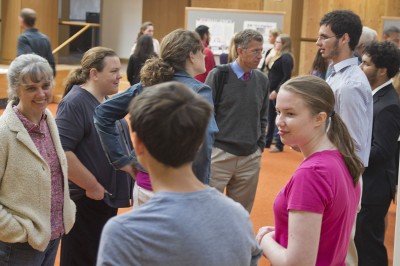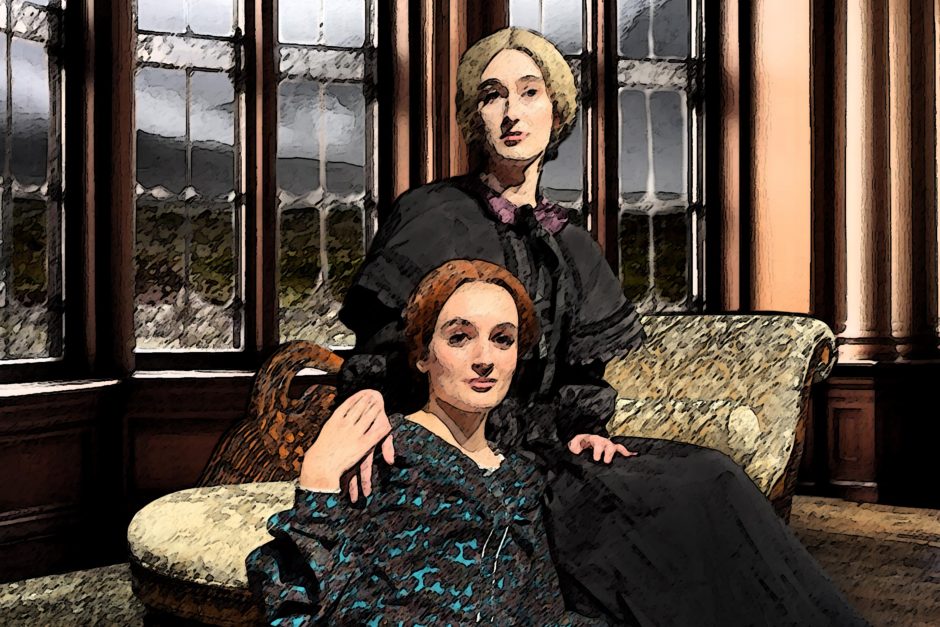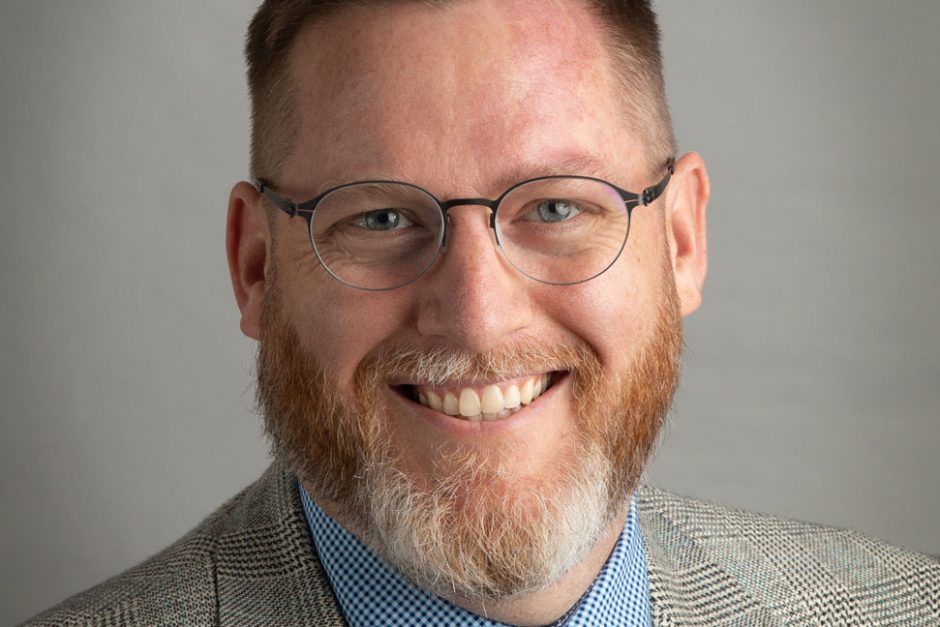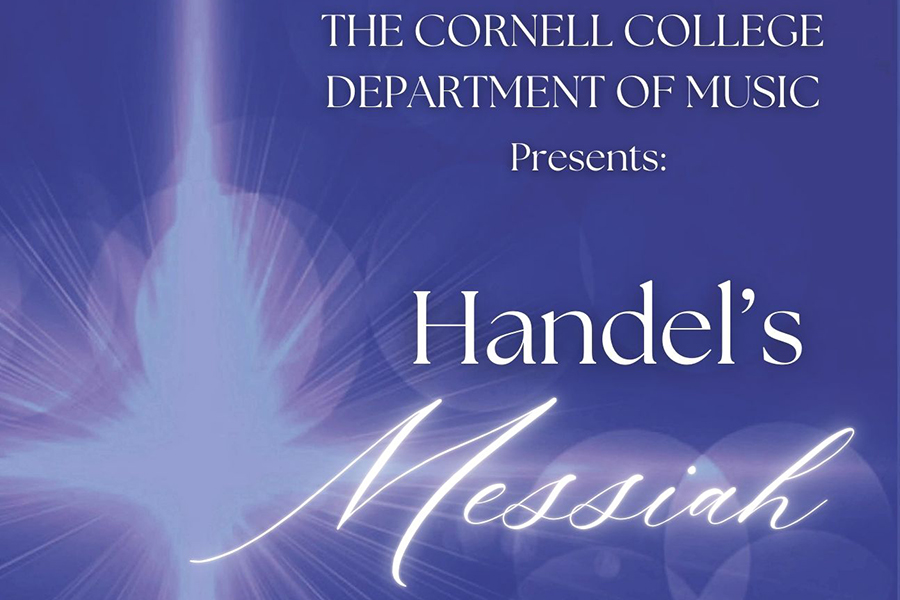Parallel first-year courses join for consumption studies
Many Cornell students cap their academic careers with a public presentation of their research during Student Symposium. But for first-year students in parallel sociology and geology courses, a chance to practice began with their very first Cornell course.

The two First-year Seminar courses intersected around the theme of consumption, culminating in small group projects examining the way physical objects such as cars, computers, and blue jeans affect people’s behavior, and the way consumer behavior impacts the world around us.
Students from both courses were brought together weekly to develop ideas and strengthen their research and presentation skills. After conducting independent research during their respective courses, they regrouped near the end of the block to integrate their work and develop a poster to present on the Orange Carpet.
One team studied the life cycle of the cacao bean. While the geology students in Emily Walsh’s class focused on issues like ideal soil pH and climate for the cacao plants, Erin Davis’s sociology students looked at the personal and social factors that influence chocolate consumption. Their ideas coalesced around the Fair Trade model, which aims to simultaneously benefit local ecosystems and satisfy socially-minded consumers, with better-paid farmers using more traditional farming practices as the key link.
Celeste Torrence, a member of the sociology class, said the project taught her two important lessons:
“First, everything we do is a way to represent ourselves as individuals. From how we act to the kind of chocolate we buy, it’s a constant process of constructing an individuality. The second point that really affected me was realizing how my personal consumption affects others. Through what I consume, I can either support the ethical treatment of workers and development of economies, or I can support cyclical poverty.”
For Rachel Moline, another course highlight was a joint field trip to nearby Abbe Hills Farm that brought home similar lessons earlier in the block.
“At first I wasn’t exactly sure why we were there and what it had to do with our course,” she said. “But when I understood the context—seeing her respect for the land and knowledge of local geography—it all came together and made sense in terms of how she serves her customers with a community-supported model and farming practices that are healthier for the environment and for people.”



